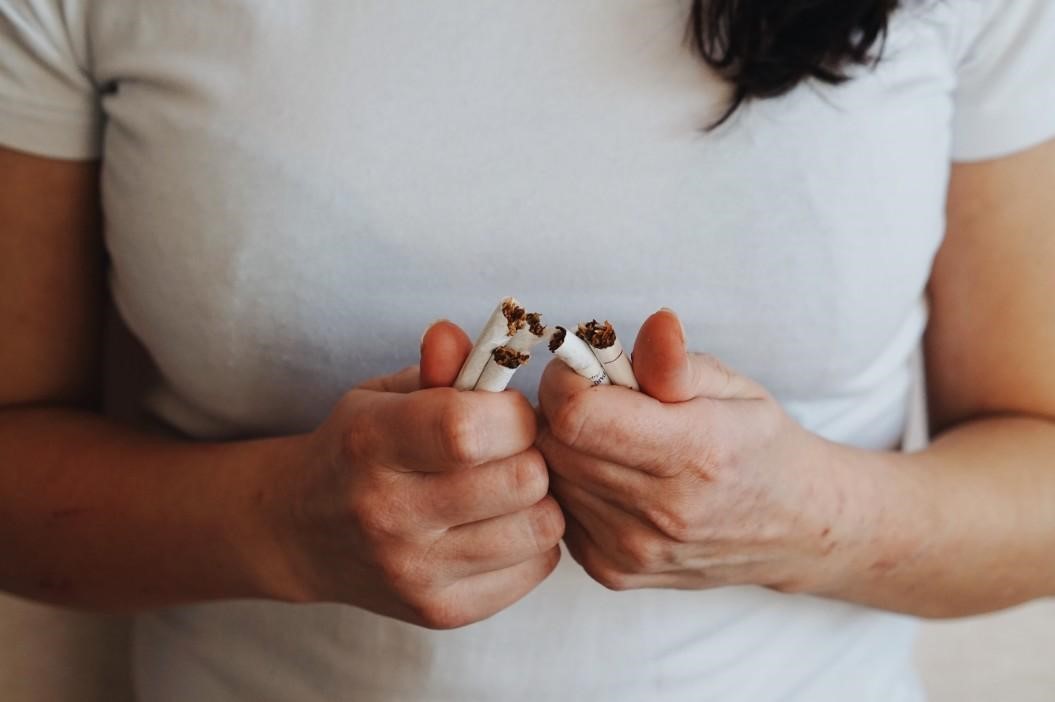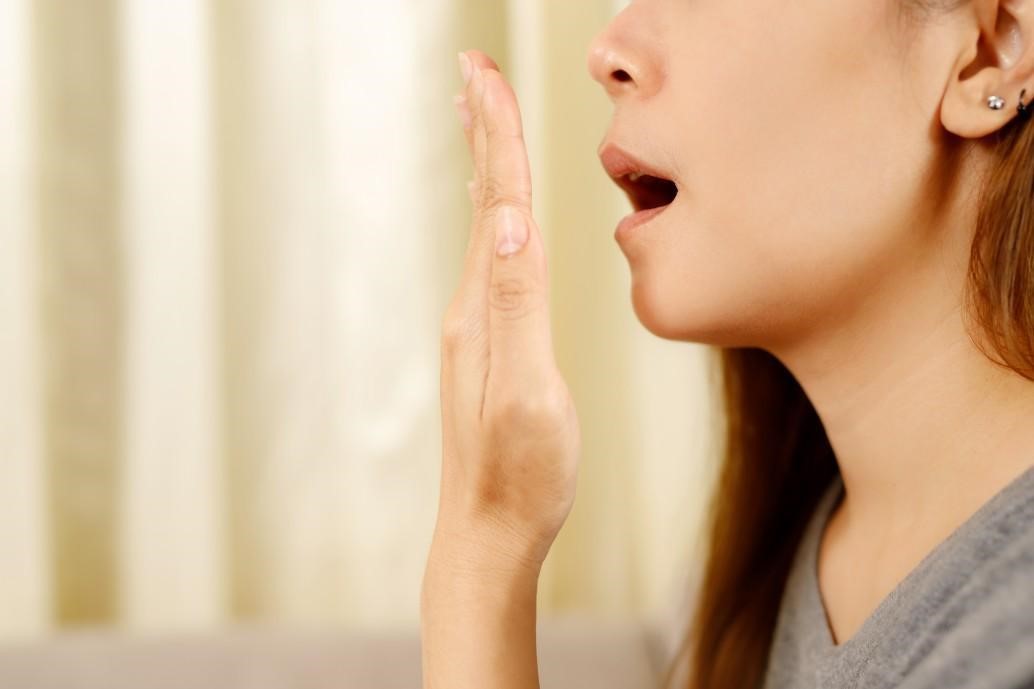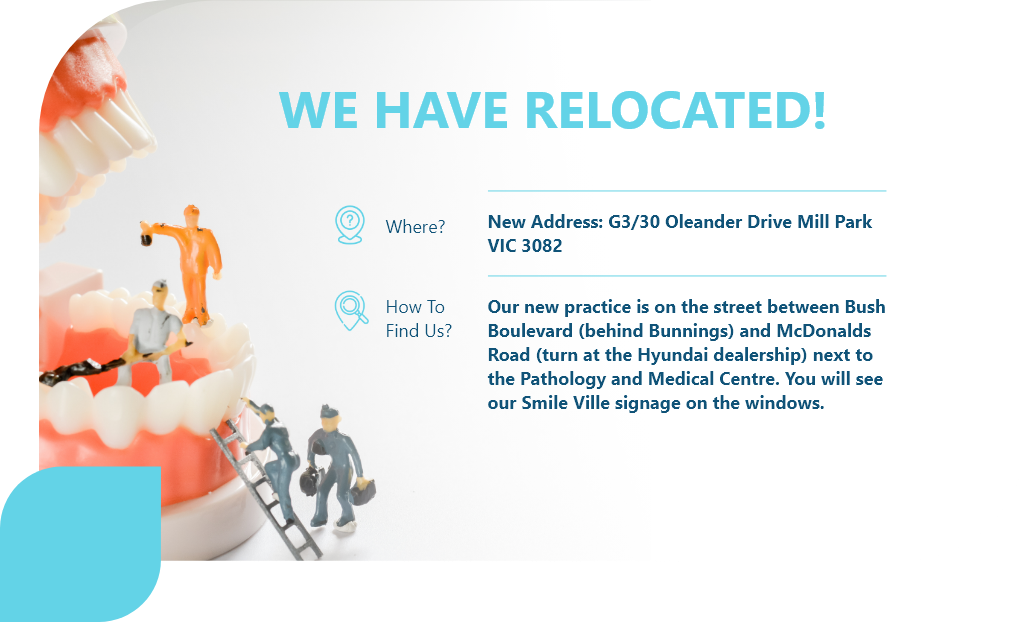It doesn’t matter if you have a perfect smile. If you have bad breath, people will most likely avoid getting up close and personal with you.
Also called halitosis, bad breath is a problem faced by many worldwide. Having bad breath can drastically affect your self-esteem.
People try to get rid of the problem through their own means but to no avail. Instead of focusing on trying out every possible fix for bad breath, why not look deeper into what you do?
Bad breath doesn’t happen naturally. It’s mostly caused by many factors, including these habits that you might be guilty of right now.
1. Poor Oral Hygiene
Bad breath is caused by the build-up of bad bacteria in your mouth. It shouldn’t surprise you that if you don’t take care of your teeth well, you’re going to have problems.
Our Smileville dentists suggest brushing your teeth for at least 2 minutes after every meal. At nighttime, don’t forget to floss or to use interdental brushes to take out every bit of food that’s stuck between your teeth.
It’s also a good idea to invest in a tongue scraper. Some bacteria will latch onto your tongue, and in this case, they won’t go away with a mouthwash rinse.
Apart from this, it’s also advisable to visit the dentist for teeth and gum checks and cleaning at least twice a year

2. Food
You break down food particles in and around your teeth as you eat. This creates bacteria that causes the foul odour you’re concerned about.
Another way food affects the way your breath smells is through your bloodstream. As you digest certain food, they enter your nervous system and are eventually carried to your lungs which affects your breath.
Avoiding eating before a social engagement isn’t really good advice. If you’re insecure about how your breath will smell after eating, make sure to brush right after. If you’re about to meet someone after a meal, try to avoid aromatic foods like onions, garlic, and spices, as these create a strong odour.
3. Smoking
Aside from its serious health effects on your lungs, smoking can affect how your breath smells. Right after smoking, your breath will smell exactly like the cigarette you just smoked.
Heavy smokers are also prone to getting gum disease, another cause of bad breath.

4. Dry Mouth
It’s commonly thought that saliva causes bad breath. It’s the opposite, however, as saliva actually helps prevent bad breath.
Saliva helps cleanse your mouth by removing the food particles you overlook while brushing your teeth. You can promote your mouth’s saliva production simply by chewing gum. Staying hydrated is also important, so your body keeps producing saliva.
While you’re sleeping, your mouth becomes inactive, so saliva production stops. This is the reason why you wake up with morning breath. Some people suffer from chronic dry mouth conditions like xerostomia. In cases like these, it’s recommended to seek medical help.
Lastly, some medications can cause dry mouth as a side effect. If this occurs, you should contact your physician about possible alternatives.
5. Mouth Infections
Mouth infections like gum diseases or incisions that don’t get treated properly can promote the growth of bacteria in your mouth. Once that happens, you can expect to have bad breath.
The good news is that your bad breath is most likely to go away once the infection has been treated. If you’ve just been through a mouth operation like tooth extraction, follow your dentist’s advice on cleaning your mouth properly.
When Is It Time To Visit A Dentist?
A dentist appointment isn’t always required if you have bad breath. You should first review your oral hygiene habits and answer these questions:
- How many times do you brush daily?
- Are you brushing your teeth properly?
- Are you using dental floss?
- Are you brushing your tongue?
Aside from this, review your diet and smoking habits as well. These are the factors that you can alter on your own. If you manage to improve on all of these and the problem still persists, it might be time to visit the dentist.
There’s a good chance that there’s an underlying issue that’s causing your bad breath. It can be xerostomia, a mouth infection that goes undetected, or some other medical problem.
As frustrating as it may be, bad breath isn’t something you’ll need to live with constantly. Maintaining good oral hygiene, a good diet, and avoiding cigarettes can go a long way to preventing bad breath.
It might be a work in progress, but by working with our Smileville dentists, you can get rid of your bad breath in no time.





